1. Julius Caesar’s Downfall
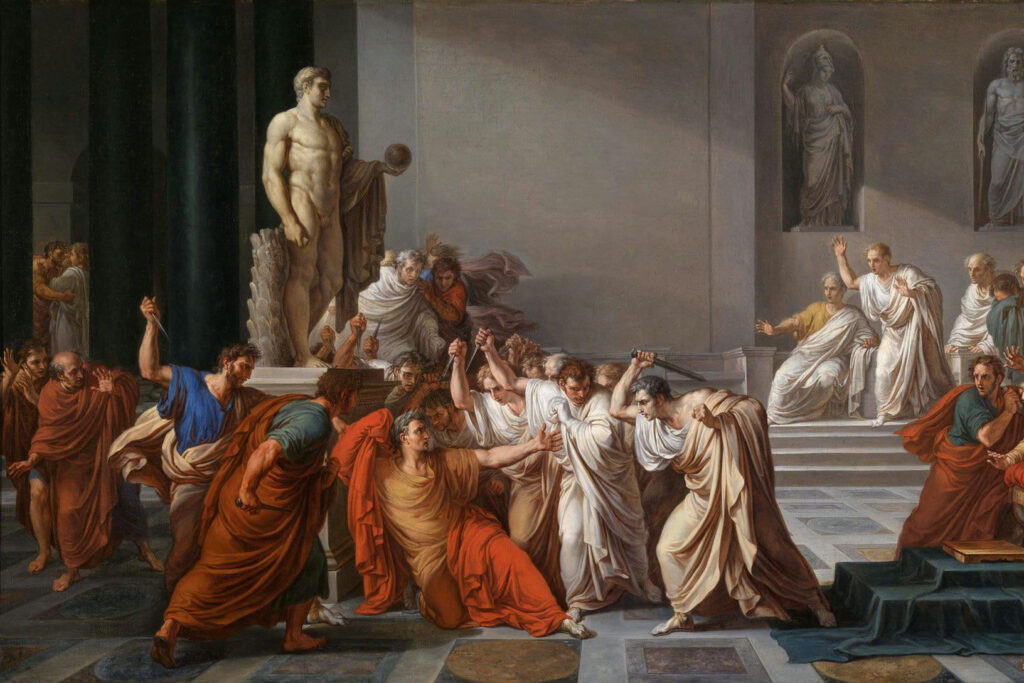
In 44 BCE, the Roman general and statesman Julius Caesar was assassinated by a group of conspiring senators, including his protégé Marcus Junius Brutus, on the Ides of March. The assassins feared his consolidation of power, believing he intended to end the Roman Republic and declare himself king. Paradoxically, Caesar’s murder did not save the Republic; instead, it plunged Rome into a period of civil war that ultimately led to its demise. His death paved the way for his heir, Octavian (later Emperor Augustus), to establish the Roman Empire, fundamentally restructuring Western civilization’s political landscape for centuries.
2. The Murder of Archduke Franz Ferdinand
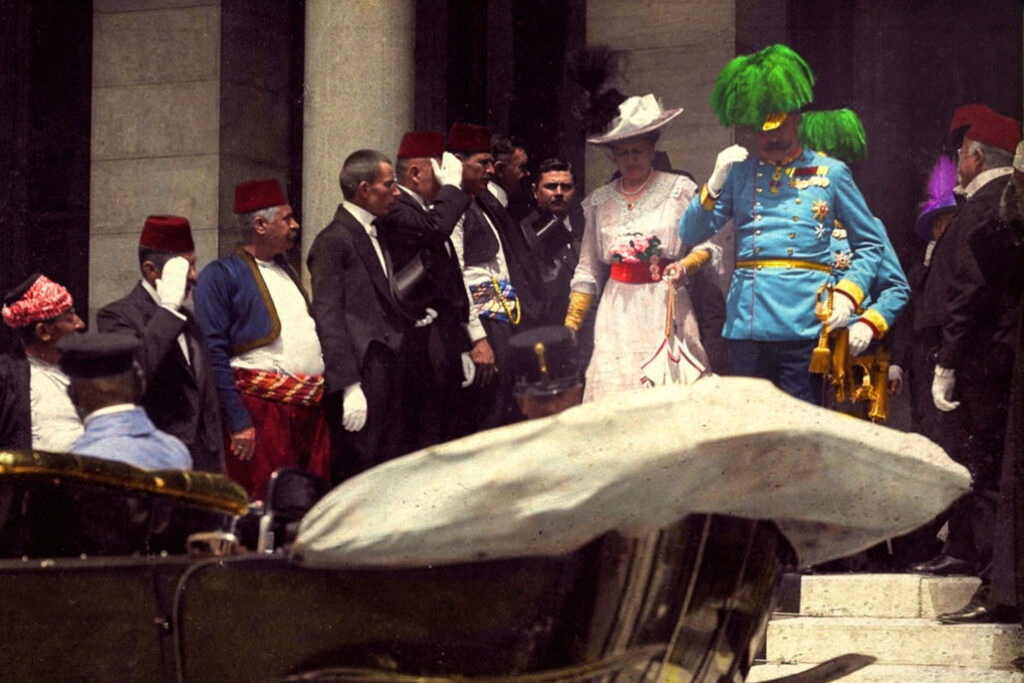
The assassination of Archduke Franz Ferdinand of Austria-Hungary and his wife, Sophie, on June 28, 1914, in Sarajevo is often cited as the direct trigger for World War I. The act was carried out by Gavrilo Princip, a Bosnian Serb member of the Black Hand secret society, who sought to liberate South Slavic peoples from Austro-Hungarian rule. Austria-Hungary issued an ultimatum to Serbia, which spiraled into a cascade of declarations of war between Europe’s major powers due to complex defense alliances. Within weeks, the entire continent was embroiled in a conflict that killed millions and irrevocably redrew the global map.
3. Abraham Lincoln’s Post-War Tragedy
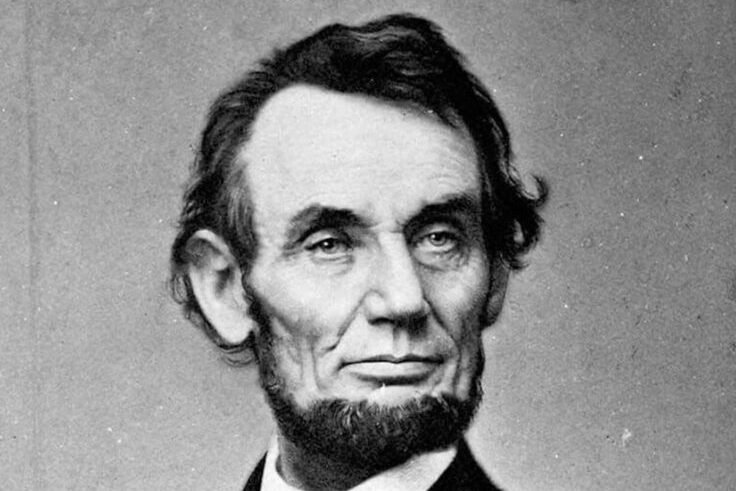
Just days after the end of the American Civil War, President Abraham Lincoln was shot by Confederate sympathizer and famous actor John Wilkes Booth on April 14, 1865, while attending a play at Ford’s Theatre. Lincoln’s death plunged the nation into deep mourning and had disastrous consequences for the post-war South. His vision for a swift, conciliatory “Reconstruction” of the Union, aimed at national healing, was replaced by a more punitive approach under his successor, Andrew Johnson, leading to decades of struggle and bitterness in the former Confederate states.
4. Mahatma Gandhi’s Non-Violence Martyrdom
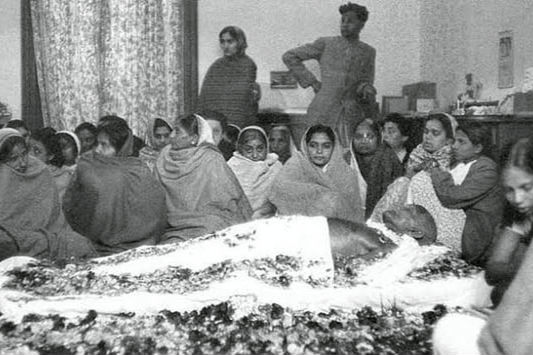
Mahatma Gandhi, the spiritual leader of India’s independence movement and a globally revered proponent of non-violent resistance (Satyagraha), was assassinated on January 30, 1948, by Hindu nationalist Nathuram Godse. Godse resented Gandhi’s efforts to promote unity and peace between Hindus and Muslims, particularly his protests against the division of assets following the Partition of India. Gandhi’s death, just months after India achieved independence, shocked the world and created a global symbol of peace and civil disobedience, though it left the fledgling nation grappling with the immense challenge of communal harmony.
5. The Killing of Martin Luther King Jr.
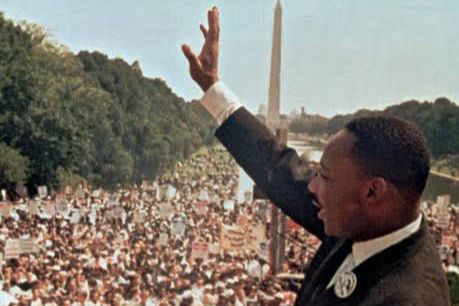
Civil Rights leader Reverend Martin Luther King Jr. was fatally shot by James Earl Ray in Memphis, Tennessee, on April 4, 1968. King’s assassination, which occurred while he was supporting a sanitation workers’ strike, immediately sparked widespread riots and civil unrest in over a hundred cities across the United States. While his death was a crushing blow to the movement, it also galvanized support for King’s legislative goals, directly influencing the swift passage of the Fair Housing Act just one week later, underscoring his enduring, painful legacy.
6. John F. Kennedy’s Dallas Motorcade
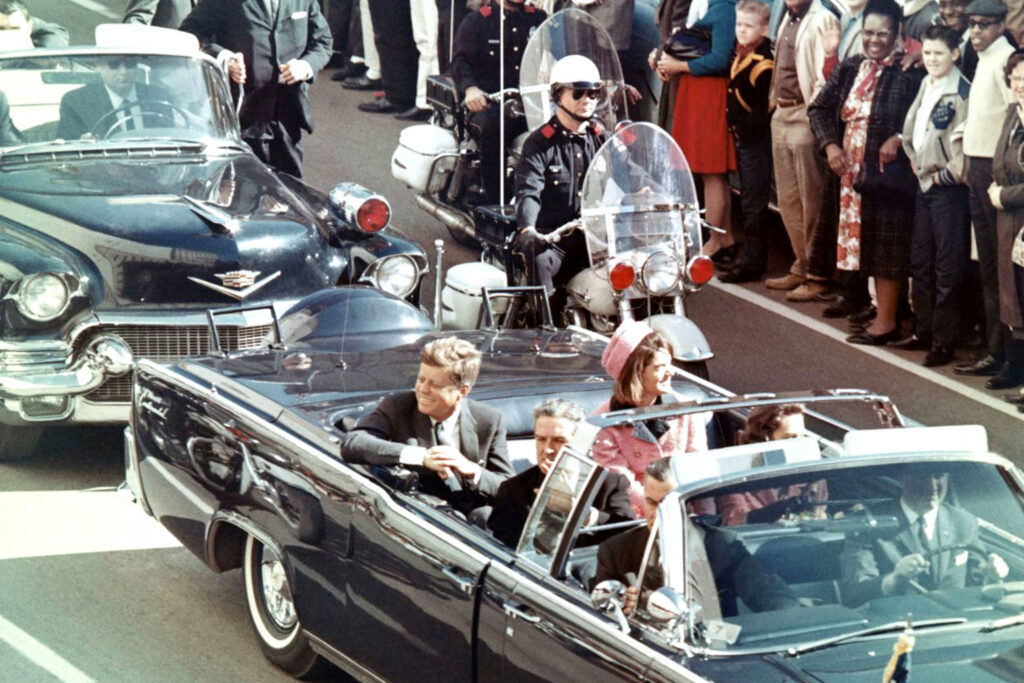
President John F. Kennedy was assassinated on November 22, 1963, as his motorcade drove through Dealey Plaza in Dallas, Texas. Lee Harvey Oswald was arrested for the crime, though the murder quickly became a source of national trauma and spawned countless conspiracy theories that continue to this day. Kennedy’s death abruptly ended the optimism of the “New Frontier” era, fundamentally eroding public trust in government and casting a long shadow over American politics and culture. His successor, Lyndon B. Johnson, was able to use the national grief to push through key parts of Kennedy’s stalled civil rights and tax legislation.
7. Malcolm X’s Shift in Focus
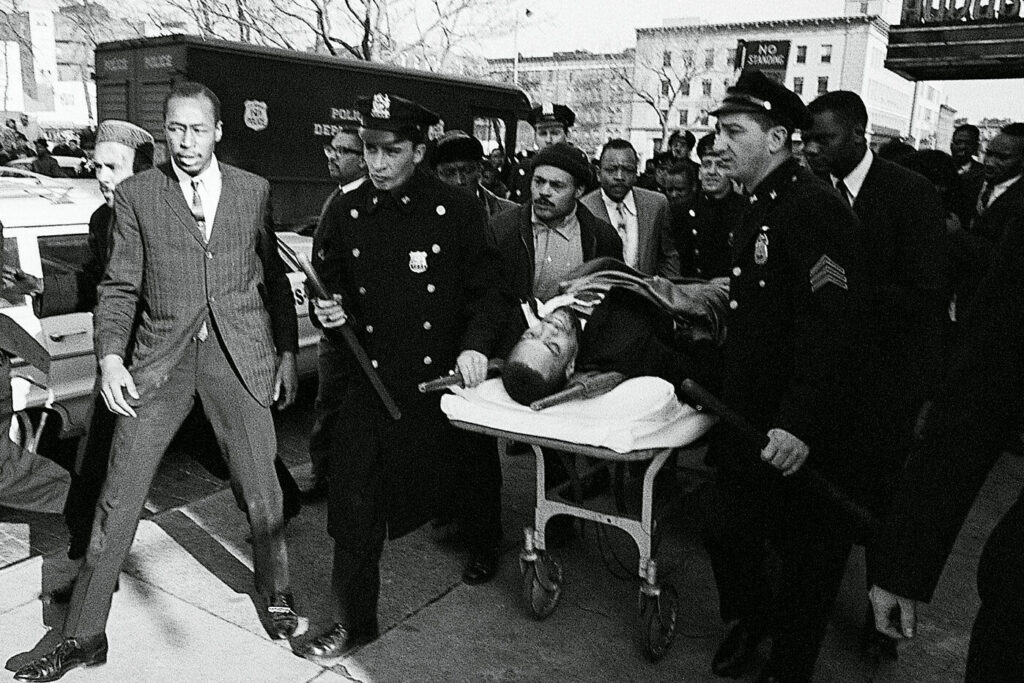
African American human rights activist and powerful voice for Black empowerment, Malcolm X, was assassinated on February 21, 1965, while preparing to address the Organization of Afro-American Unity in Manhattan. The assassins were members of the Nation of Islam, the organization he had recently and controversially broken from. Malcolm X’s death cut short his evolving philosophy, which was moving away from black separatism toward a broader human rights perspective. His legacy, documented in his famous autobiography, continues to inspire radical thought and self-determination within the Black community.
8. Tsar Alexander II’s Stalled Reforms
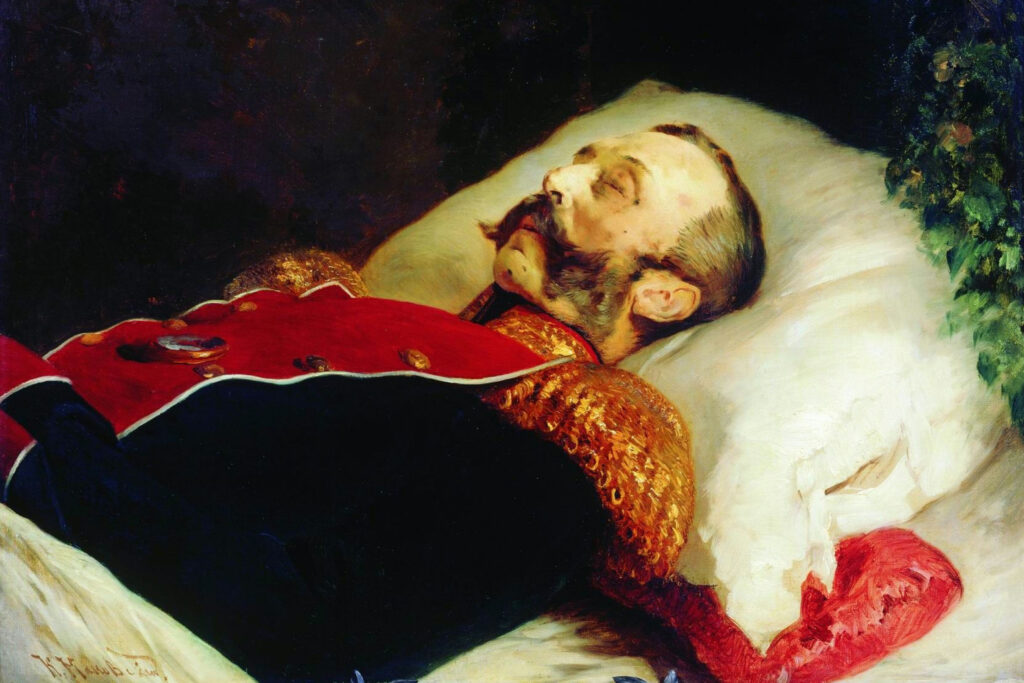
Known as the “Tsar Liberator,” Alexander II of Russia was assassinated by a bomb thrown by a member of the anarchist group People’s Will in St. Petersburg on March 13, 1881. Alexander II had initiated wide-ranging liberal reforms, most notably emancipating the serfs in 1861, which was one of the single most significant social reforms in Russian history. His death led his son, Alexander III, to retreat into a period of harsh political reaction and conservatism, effectively halting the progress of reform and setting Russia on a more rigid, autocratic path toward the eventual revolution.
9. Anwar Sadat’s Peace Cost
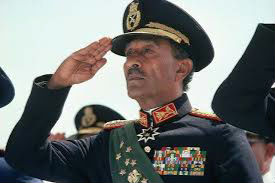
Egyptian President Anwar Sadat was assassinated on October 6, 1981, by Islamic extremists during an annual victory parade in Cairo. The assassins, military officers who were part of the extremist Egyptian Islamic Jihad, were primarily motivated by Sadat’s 1979 signing of the Camp David Accords, which established peace between Egypt and Israel. Sadat’s death, though it shocked the region, did not derail the peace treaty with Israel. However, it severely damaged his reputation in the wider Arab world, which viewed the treaty as a betrayal, and highlighted the deep internal ideological divisions within Egypt.
10. Indira Gandhi’s Retaliatory Murder
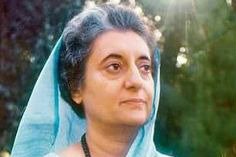
Indian Prime Minister Indira Gandhi was assassinated on October 31, 1984, by two of her own Sikh bodyguards in retaliation for the military’s controversial Operation Blue Star, which had stormed the Golden Temple, Sikhism’s holiest site, to remove Sikh separatists. Her death triggered devastating, widespread anti-Sikh riots in Delhi and other parts of northern India, resulting in the deaths of thousands of innocent people and deepening the communal divisions between Hindus and Sikhs. This tragic event remains a painful scar on modern India’s history and highlighted the dangerous interplay between religion and state power.
11. James A. Garfield and Medical Blunders
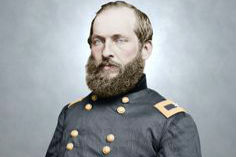
President James A. Garfield was shot by a disgruntled and delusional office seeker, Charles Guiteau, on July 2, 1881, at a Washington D.C. railway station. While the bullet itself was not immediately fatal, Garfield died 79 days later due to complications, primarily infection caused by his doctors’ repeated, non-sterile probing of the wound in an attempt to locate the bullet. This tragedy exposed the desperate need for medical reform and spurred the development of more advanced surgical techniques and the germ theory of disease. It also highlighted the severe flaws in the U.S. “spoils system” of political appointments, leading to the eventual passage of the Pendleton Civil Service Reform Act.
12. William McKinley and Anarchism
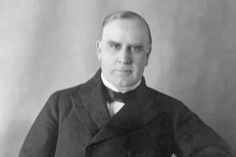
President William McKinley was assassinated on September 6, 1901, while attending the Pan-American Exposition in Buffalo, New York, by Leon Czolgosz, an anarchist who claimed he was fulfilling his duty to the people. McKinley’s death led to Vice President Theodore Roosevelt taking office, ushering in the “Progressive Era” of American politics defined by Roosevelt’s “Square Deal” policies and trust-busting efforts. Furthermore, the incident immediately led to the Secret Service being formally tasked with the protection of the sitting president, a duty they continue to perform today.
13. Robert F. Kennedy’s Dream Cut Short
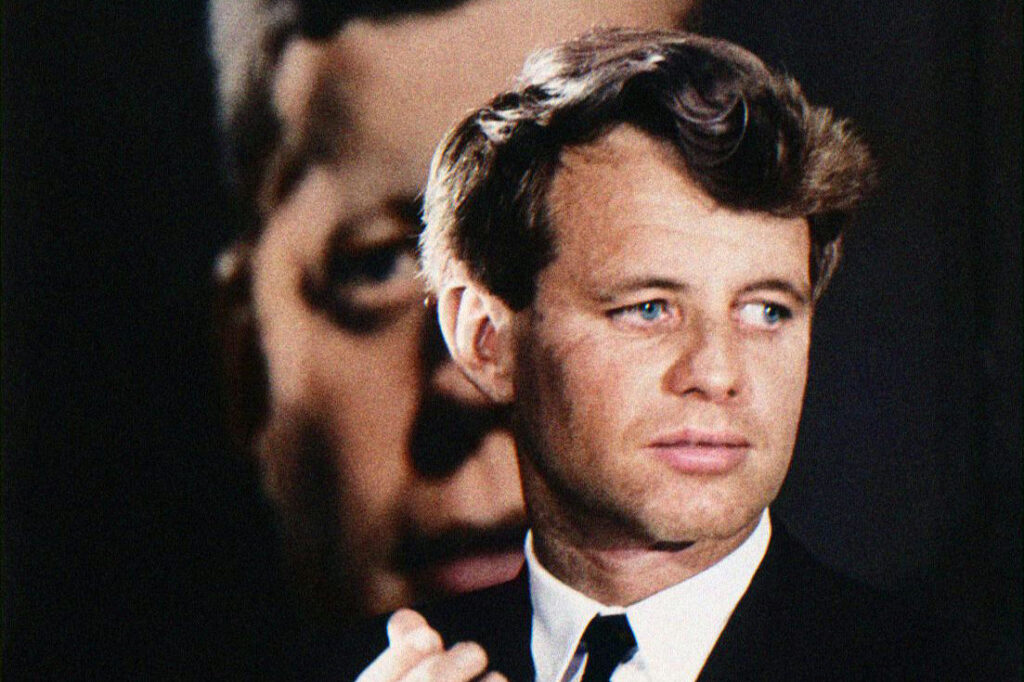
Senator Robert F. Kennedy, the younger brother of John F. Kennedy and a leading Democratic presidential candidate, was assassinated on June 5, 1968, shortly after winning the California primary. He was shot by Sirhan Sirhan, a Palestinian with apparent grievances over Kennedy’s support for Israel. Coming just two months after Martin Luther King Jr.’s murder, the killing of “Bobby” further deepened the sense of political chaos, national grief, and loss of hope in America during a tumultuous year. His death is widely considered to have dashed the hopes of a movement dedicated to social justice, peace, and racial reconciliation.
14. Benazir Bhutto’s Return to Chaos
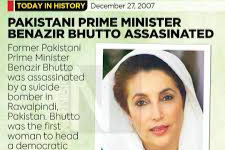
Former Pakistani Prime Minister Benazir Bhutto was assassinated in a suicide attack on December 27, 2007, shortly after addressing a rally in Rawalpindi upon her return from exile to campaign for an upcoming election. Bhutto was a divisive but globally recognized figure and the first woman to head a democratic government in a Muslim-majority nation. Her murder plunged Pakistan into a deep political crisis and fueled the existing instability and uncertainty, highlighting the severe security and extremism challenges facing the country’s fragile democracy.
15. Yitzhak Rabin and the Peace Process
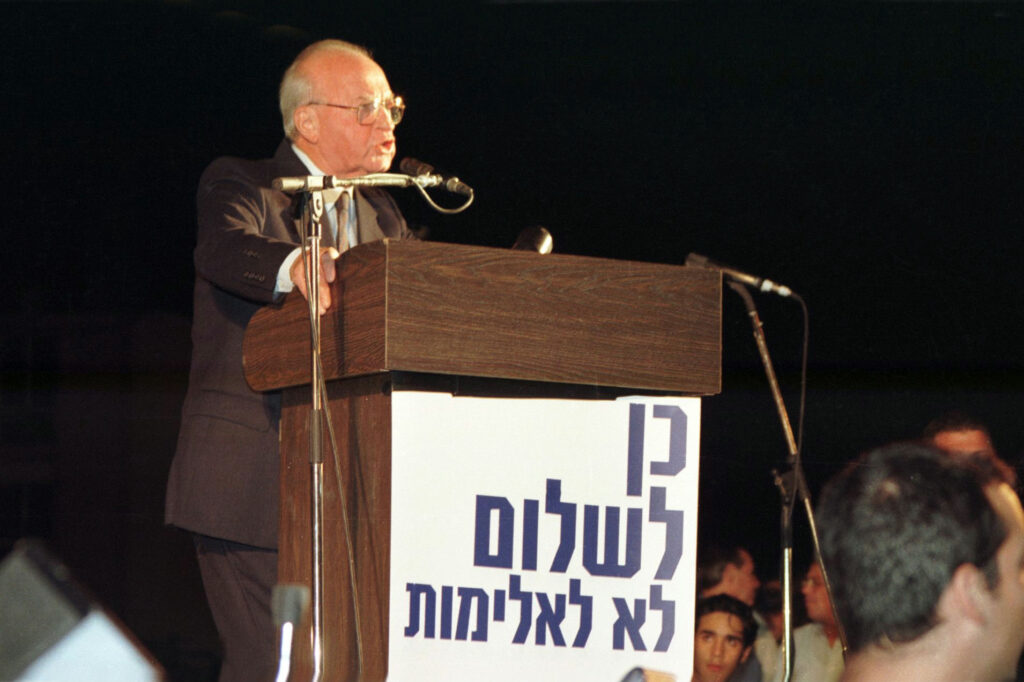
Israeli Prime Minister Yitzhak Rabin was assassinated on November 4, 1995, by Yigal Amir, a right-wing Israeli extremist who opposed the Oslo Accords and Rabin’s efforts to broker peace with the Palestinians. Rabin, a former general, had become a powerful symbol of the hope for reconciliation by shaking hands with Yasser Arafat on the White House lawn. His death was a devastating setback for the Israeli-Palestinian peace process and dramatically deepened the ideological fault lines within Israeli society between those who supported the land-for-peace approach and those who opposed it.
16. The Caliph Umar’s Legacy
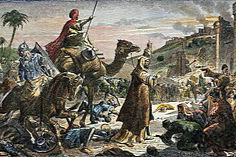
Umar ibn al-Khattāb, the second Muslim Caliph, was a revered companion of the Prophet Muhammad and the leader who oversaw a massive expansion of the nascent Islamic Empire. He was assassinated in 644 CE by a Persian slave named Abu Lu’lu’a Firuz while leading morning prayers in Medina. Umar’s death led to the selection of Uthman as the next Caliph, an event that became a major point of contention and contributed to the subsequent schism within Islam. His leadership, known for its justice and administrative strength, remains a benchmark for governance in Islamic history.
17. Harvey Milk’s Fight for Visibility
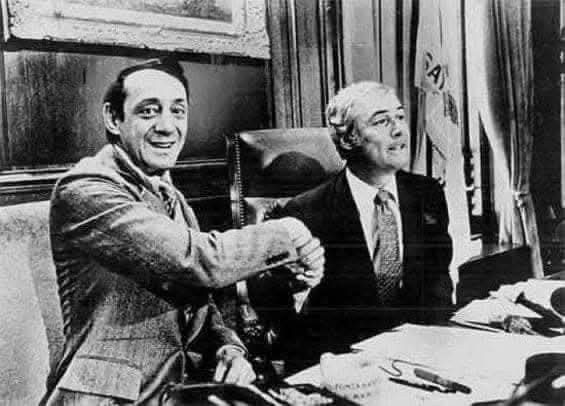
Harvey Milk, one of the first openly gay elected officials in the United States, was assassinated alongside San Francisco Mayor George Moscone on November 27, 1978, by Dan White, a disgruntled former city supervisor. Milk’s murder cut short a rising political career dedicated to gay rights and visibility, but it cemented his status as an international martyr for the LGBTQ+ movement. His life and death catalyzed the movement, bringing unprecedented mainstream attention to the struggle for equal rights and empowering countless individuals to come out and fight against discrimination.
18. King Faisal of Saudi Arabia
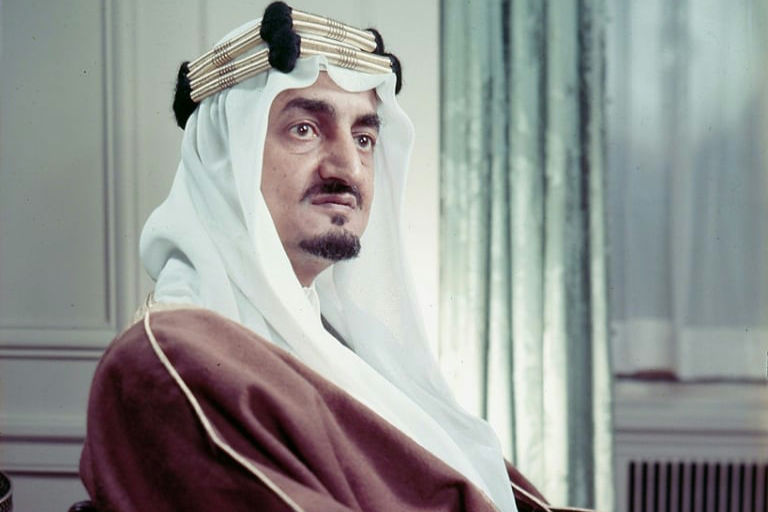
King Faisal of Saudi Arabia was assassinated on March 25, 1975, by his nephew, Prince Faisal bin Musaid, who had recently returned from the United States. King Faisal was an influential figure who implemented significant modernization programs and held a strong anti-Zionist stance, notably leading the 1973 oil embargo against Western nations that supported Israel during the Yom Kippur War. His death did not significantly alter the kingdom’s foreign policy, but it removed a powerful and respected voice from both the Arab and global stage during a critical period of energy and geopolitical tension.
19. Patrice Lumumba and the Congo Crisis
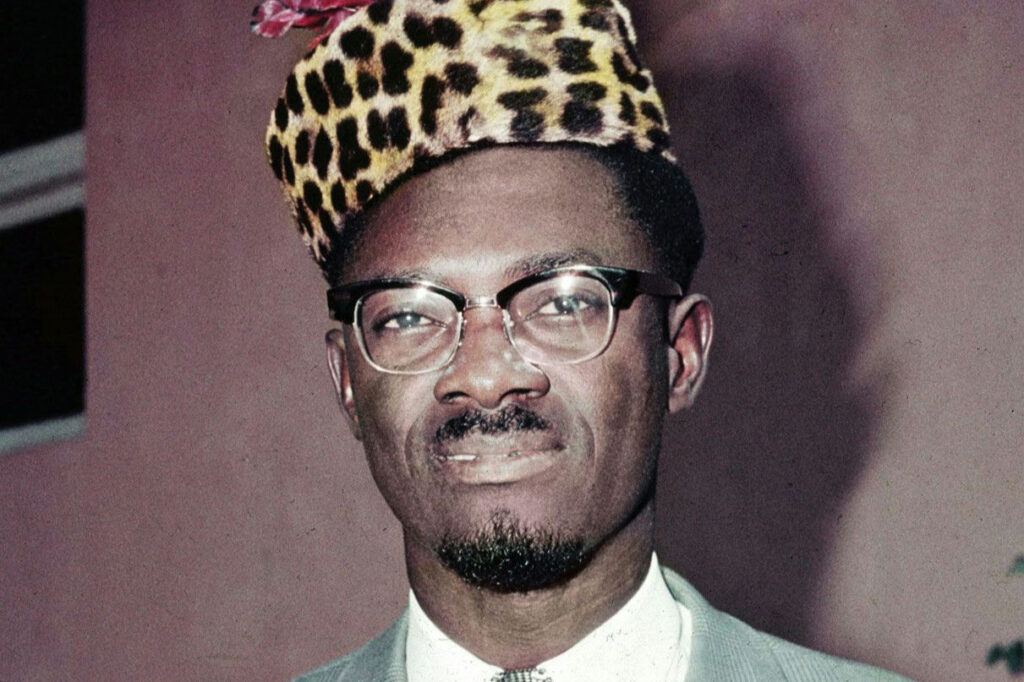
Patrice Lumumba, the first legally elected Prime Minister of the Democratic Republic of the Congo (then the Republic of Congo), was assassinated on January 17, 1961, shortly after a military coup, with involvement from Belgian and possibly American intelligence services. Lumumba was a key figure in African nationalism and Pan-Africanism, pushing for true independence and unity in the mineral-rich country. His death during the Congo Crisis removed a critical figure who sought a truly independent, unified, and non-aligned state, leading to years of political instability, civil war, and neo-colonial influence in the heart of Africa.
20. Reinhard Heydrich and Nazi Retaliation
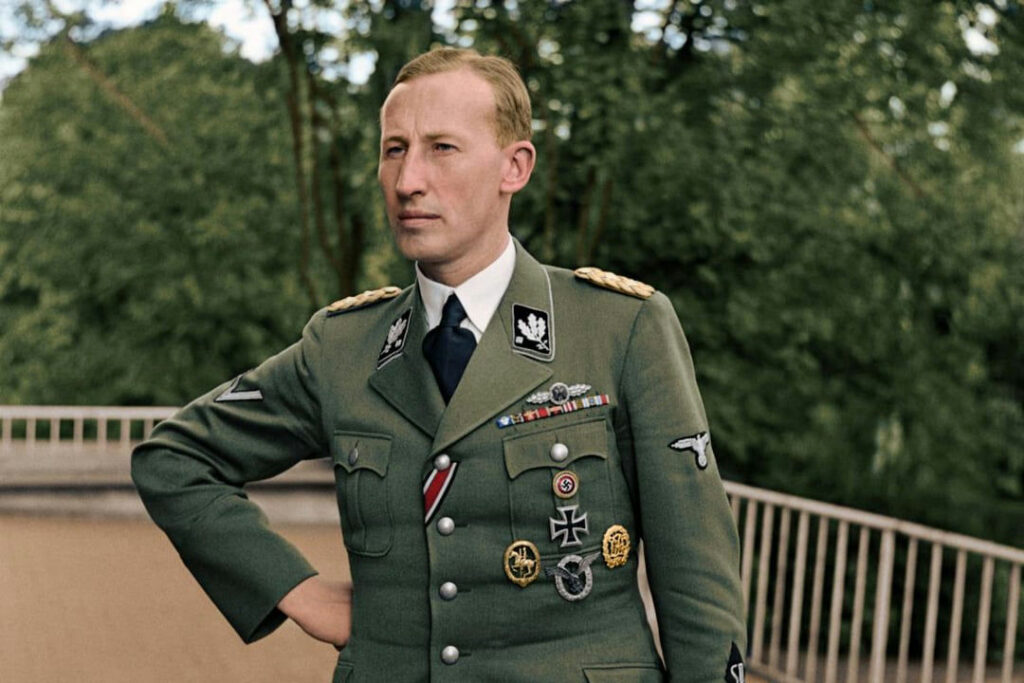
Reinhard Heydrich, a high-ranking Nazi SS official and the principal architect of the Holocaust (the “Final Solution”), was assassinated in Prague on May 27, 1942, by Czech and Slovak soldiers trained by the British Special Operations Executive (SOE) in “Operation Anthropoid.” Heydrich was one of the most feared men in the Nazi regime, often called “The Butcher of Prague.” His death resulted in horrific German reprisals, including the complete destruction of the villages of Lidice and Ležáky. However, the audacious act of resistance became a powerful symbol of Czech national pride and prompted Allied powers to support the Czech government-in-exile.
History is filled with “what ifs” and few moments beg that question more than the sudden, violent ends of influential figures. These 20 assassinations serve as somber milestones, demonstrating that while an individual life can be extinguished in an instant, their ideals, their unfinished work, and the violent ripple effects of their loss can reshape nations and define entire eras. They stand as stark reminders of the volatile power dynamic between conviction, fear, and change throughout human civilization.
This story 20 Famous Assassinations That Changed History was first published on Daily FETCH


